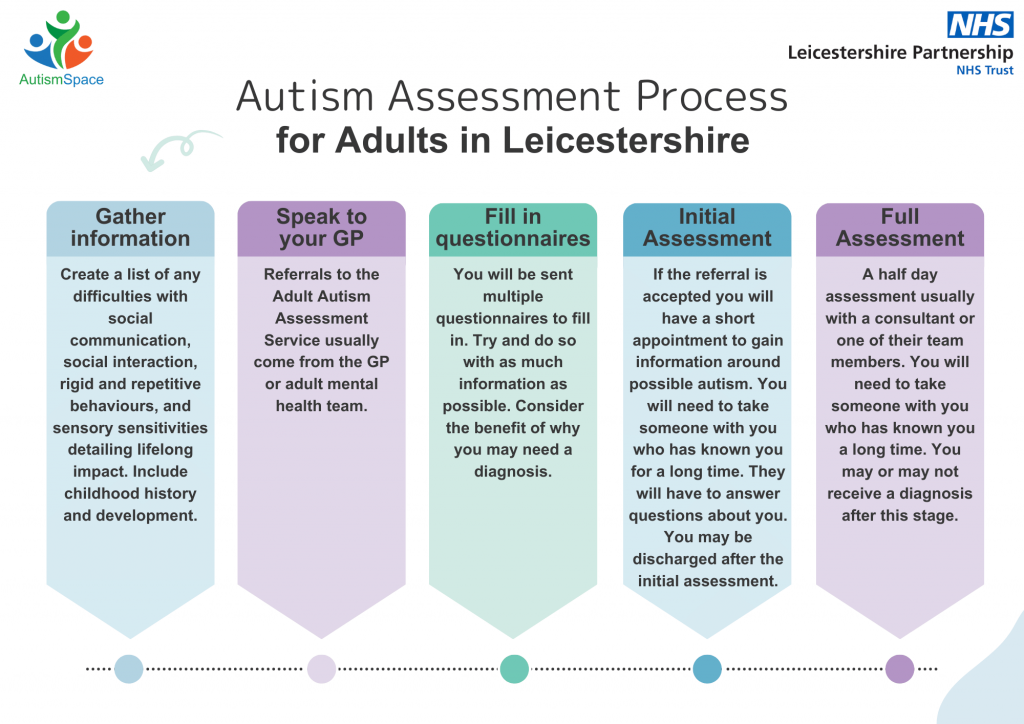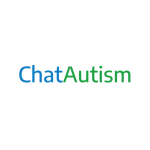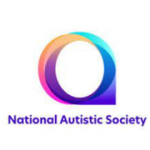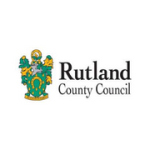This is helpful because:
- It can provide information that may help you/parent/carer/employer others to have a better understanding of you as an individual, and any needs you may have or any challenges. It can also highlight your strengths and any unique positive attributes you may have.
- It may correct a previous misdiagnosis and mean that any mental health problems can be better addressed.
- You may be able to access more social groups, magazines and online communities, although you don’t always need a diagnosis for this.
A diagnosis can also be a tool to access necessary support, benefits advice or adjustments that may be required whether at home, school, college, employment or in general.
Here is a helpful infographic showing the steps included in an autism assessment:
For an accessible pdf version of this infographic to view or download please click here
How do I request an autism assessment?
Referrals to the Adult Autism Assessment Service would tend to come generally from the GP or adult mental health.
The GP completes a form which asks for information around social communication, social interaction, rigid and repetitive behaviours, and sensory sensitivities detailing lifelong impact.
The GP may ask you to collect this information in advance of the appointment and discuss this with you as it can be a long form to complete. This may also need more than one appointment.
For referrals from adult mental health, something called a ‘Past and Present Behaviour Schedule’ is completed to gain a developmental history.
You may be asked to complete some questionnaires to support the referral, however the most useful information to support an autism assessment is a clear lifelong developmental history, which is information starting from when you were a baby and how you continued to develop physically, socially and emotionally right up until now.
For example, when did you first walk and talk? It’s also important to record any impact it has had or is having on your daily living.
Be aware that following referral, the service may firstly want to consider alternative diagnosis first such as ADHD as some of the difficulties that people initially believe to be autistic in nature such as social difficulties, need for routine, fixed interests which are short lived, clear sensitivity to sound, or light can also occur in ADHD or anxiety.
It may take a few months to respond to referrals.
What happens during assessment?
If a referral is accepted for first assessment, it may take several months to receive this appointment.
In advance of the first assessment, some questionnaires will be sent out. Three to be completed by you and one to be completed by someone who has known you throughout your life.
It is key that the questionnaires are returned in advance of the appointment as the service will not be able to go ahead without these being received.
The first assessment is a short appointment which should be no more than an hour to gain information around possible autism and to establish a pattern throughout life.
It is important to be aware that you will need support to complete an autism assessment from someone that has ideally known you throughout life. Preferably a parent, grandparent, sibling or lifelong friend. They will be asked questions about development, as autism is a lifelong condition. They will also need to attend each stage of the assessment.
If, following the initial assessment, you then need a full assessment, you will be added to the full assessment list.
A full assessment would be a whole morning or a whole afternoon assessment. The appointment will be split into two.
Half the assessment will be completed with the you and half with someone who has known you throughout life.
If seen by a consultant, you may get a diagnosis at this stage.
If seen by one of the other team members, you will be offered a feedback appointment to discuss the outcome of the assessment.
It currently takes approximately 12- 18 months to fully complete the assessment process.
What happens after diagnosis?
Following diagnosis, you will receive a short letter confirming the diagnosis. Attached to this will be a long report covering the assessment.
All individuals who receive a diagnosis will be given a pack of signposting information for different services that are available following diagnosis. This covers education, employment support, autism social groups, benefits, autism ID card and other council support.
Individuals who need significant daily support will be offered a referral to Adult Social Care who can look at funding additional support.
The Adult service is currently only able to conduct diagnostic assessments for autism and does not offer additional support post diagnosis at this time.
What will I need to do?
Whether you are a parent or an individual seeking assessment or diagnosis, there are some things you can do that will help the process:
- Childhood history and development is a key requirement to have a referral accepted by the adult service. You will need to consider the benefit of why you need a diagnosis. The service is not currently able to take referrals where there is not a benefit to diagnosis, for example needing any adaptations to your life, such as support in work, education or personal life.
- It is often a good idea to collect family history and evidence of your concerns. This may take some time to collect if you are seeking a diagnosis as an adult as it will mean thinking right back to early childhood, so it may be good to talk with a parent/carer/other family members/teachers or friends.
- Give your GP some examples of difficulties you’ve had both as a child or as a young person/adult. These may include:
- Communication
- Social interaction
- Sensory difficulties
- Friendships
- Employment
- Need for routine.
- Say how much you think these affect the different areas of your life.
Advice from the National Autistic Society
The National Autistic Society has a new ‘Advice Hub’ on their website which focuses on sharing information about diagnosis – before, during and after.
It has information for autistic adults and adults who think they might be autistic. It also has information for parents of children who are or might be autistic.
They are mostly written articles but there is also a small range of videos too









